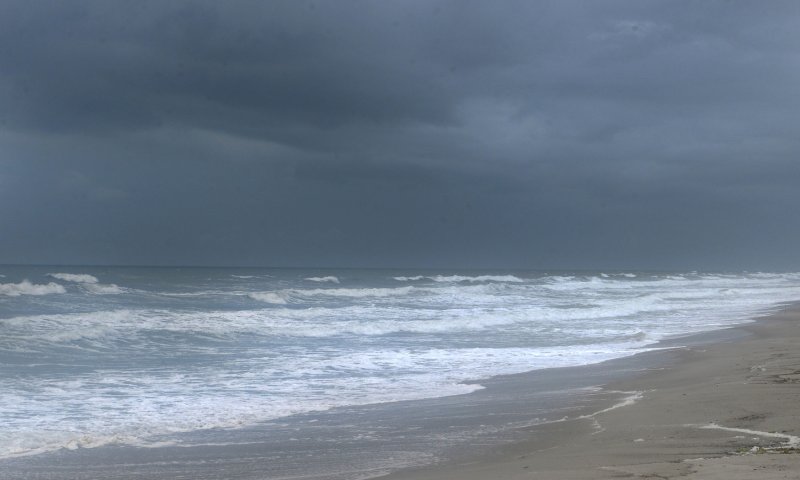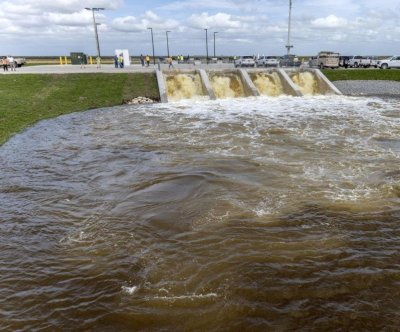In January, Florida officials initiated the filling of the first cell of a 6,500-acre Everglades Agricultural Area stormwater treatment system to safeguard the Everglades and surrounding communities while enhancing local water quality. This move was a proactive measure to address environmental concerns.
In April, Florida state lawmakers allocated $2.25 billion to address water quality issues and restore the state’s biodiversity, potentially averting a crisis. Governor Ron DeSantis announced a significant portion of this allocation, $1.5 billion, dedicated to Everglades restoration and water quality improvement for the upcoming fiscal year.
DeSantis emphasized his commitment to leaving Florida in a better state for future generations by allocating profits from Seminole gaming revenue toward environmental protection, amounting to around $750 million annually. This funding signifies a significant investment in preserving Florida’s natural resources and wildlife.
The $1.5 billion allocation includes substantial support for Everglades restoration projects, such as the Comprehensive Everglades Restoration Plan and the Everglades Agricultural Area Reservoir, with $850 million earmarked for these initiatives.

Water quality improvement efforts also receive a boost with $530 million allocated, including funding for completing a reservoir aimed at providing higher quality water for residents in Palm Beach and Broward counties. Additionally, a grant program with $135 million aims to support local projects targeting harmful nutrient removal from waterways.
Various ecosystems receive funding for specific projects, including $100 million for Indian River Lagoon projects and $45 million for water-quality enhancements in Biscayne Bay and the Caloosahatchee Estuary. This allocation represents the most significant single-year investment in Florida’s natural resource protection.
Florida faces one of the nation’s most severe biodiversity crises, driven by factors like habitat loss, climate change, pollution, overexploitation of species, and invasive species. These threats endanger numerous species, including many unique to Florida, highlighting the urgent need for conservation efforts.
Efforts to address habitat loss and restore natural water flow in the Everglades are crucial, with ongoing projects aimed at preserving native habitats and protecting against flooding. Climate change exacerbates these challenges, with rising sea levels posing significant risks to Florida’s ecosystems and freshwater supplies.
The recent funding allocation reflects a concerted effort by state officials, environmentalists, and stakeholders to mitigate the impacts of climate change and other threats on Florida’s biodiversity and natural resources. Through strategic investments and collaborative initiatives, there is hope for preserving Florida’s unique ecosystems for future generations.


